Whether you're a homeowner, gardener, backyard chicken enthusiast or all three, the odds are that you go head-to-head with unwanted insect pests on a daily basis—or at least more often than you'd like. For decades, the only answer to this natural problem has been very unnatural: using chemical insecticides that may be harmful or toxic to people, pets and the planet. And for the environmentally conscious homeowner, gardener or chicken keeper, this answer is far from ideal. Now, natural insecticides offer a means to protect your spaces without the risks of chemical insecticides.
What is a natural insecticide?
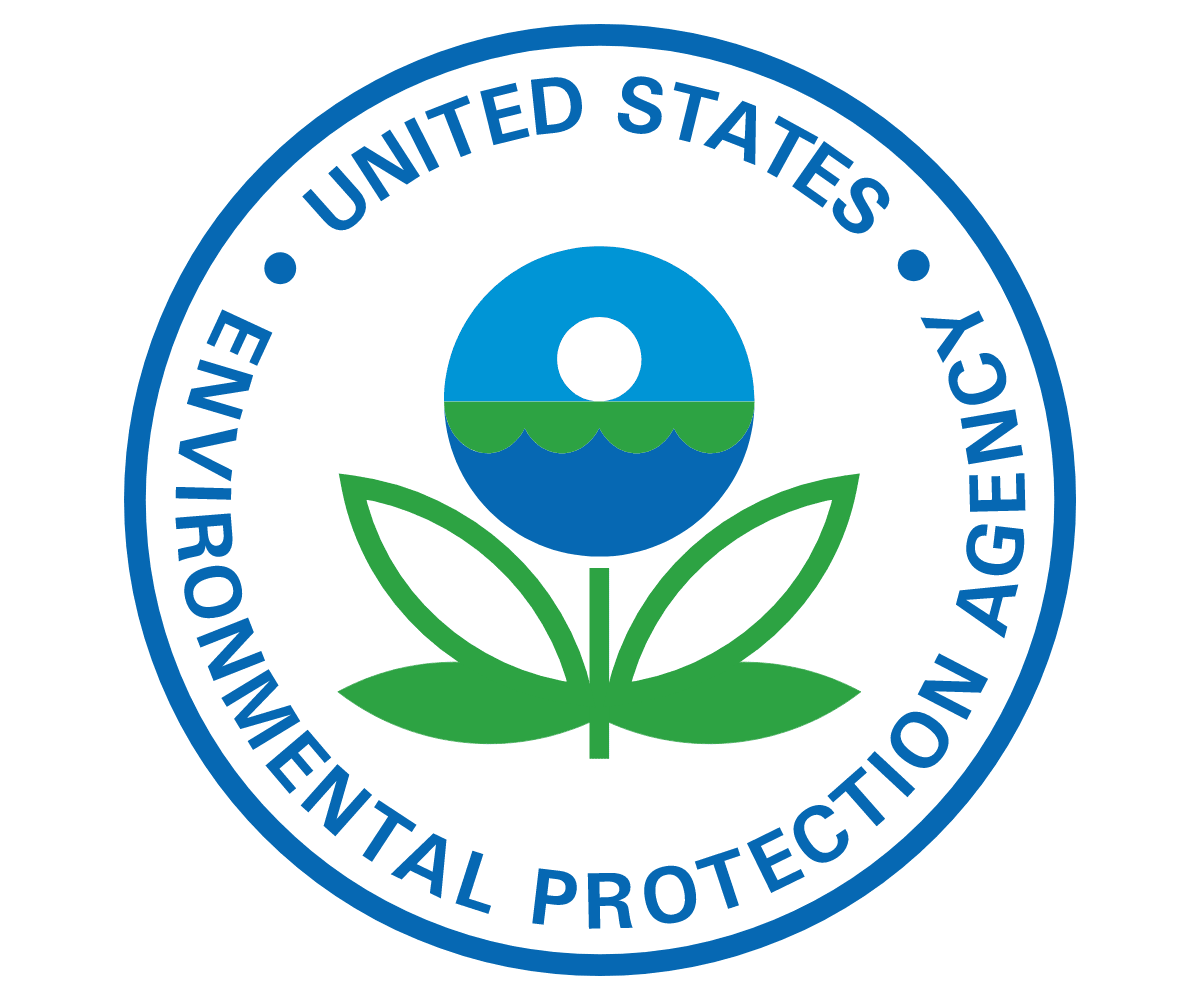
Although there is no strict definition of a “natural insecticide,” there are qualifications to be considered safe by the U.S. Environmental Protection Agency (EPA). Under EPA regulations, pesticides of any type can be designated as FIFRA 25(b) exempt by adhering to a list of active and inert ingredients that are generally regarded as safe, which means the product poses no risk to people or the environment.
This assurance is what makes natural insecticide products so attractive to environmentally conscious homeowners, farmers and gardeners. Natural insecticides come in many forms, and they can be broadly categorized into three groups: chemical, mineral and biological.
Essential Oils and Soaps to Control Insect Pests
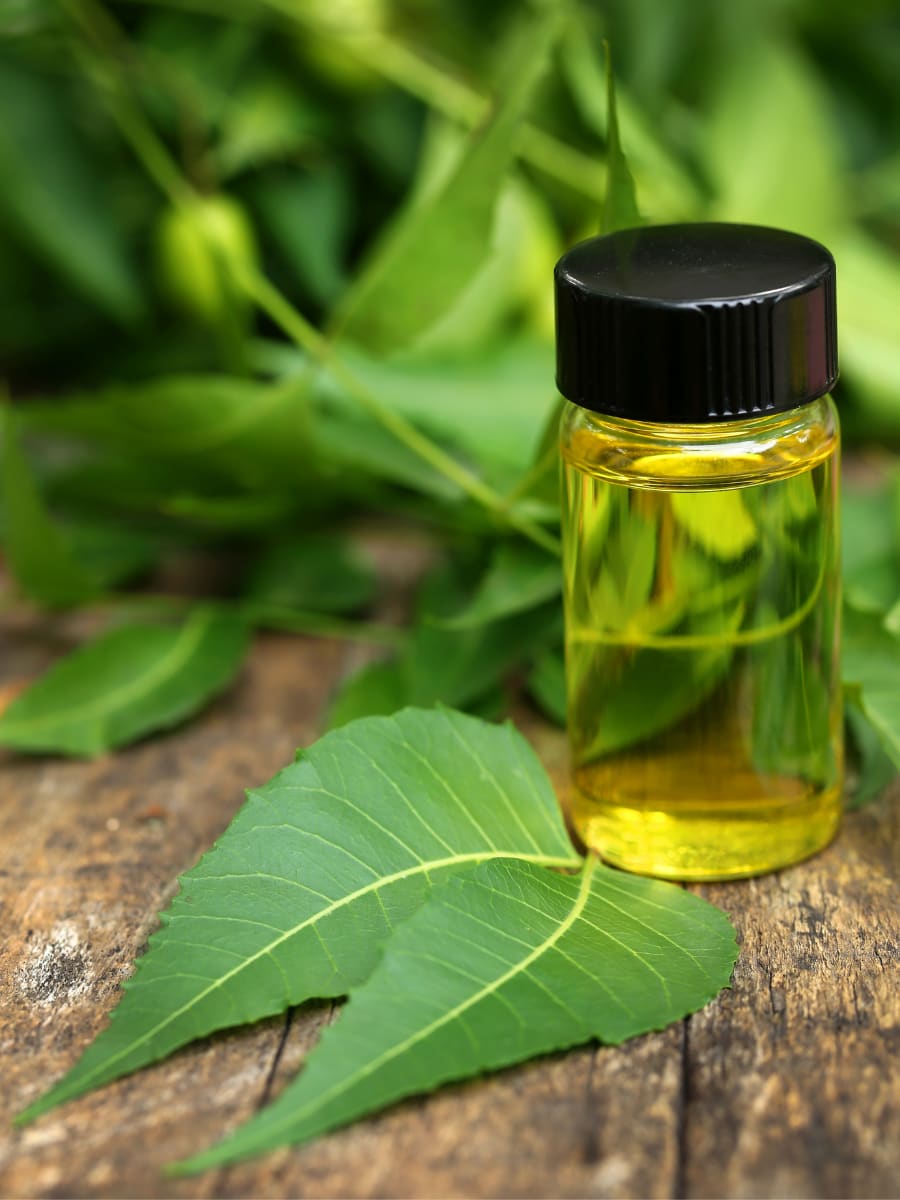
Examples of natural insecticides include diatomaceous earth, kaolin clay and elemental sulfur. In the case of fluid insecticides, we often rely on ingredients like essential oils and soaps to do the heavy lifting.
Essential Oils
Essential oils are concentrated plant extracts obtained via mechanical pressing or steam distillation of plant material. Each essential oil has unique physical and chemical properties that make it useful in a wide variety of products for human, animal and plant health. These properties can be anything from scent and color to solubility and polarity.
In terms of insecticidal properties, citronella oil and neem oil are favorites of natural insecticide brands, but studies have shown that certain herbs like lavender, mint and oregano have strong insecticidal properties as well.
Soaps
Insecticidal soaps are fatty acids with the ability to degrade or dissolve the insect cuticle's protective layers and cause desiccation. Soaps are particularly useful against soft-bodied insects, such as white flies, thrips and aphids.
DIY Natural Pest Control
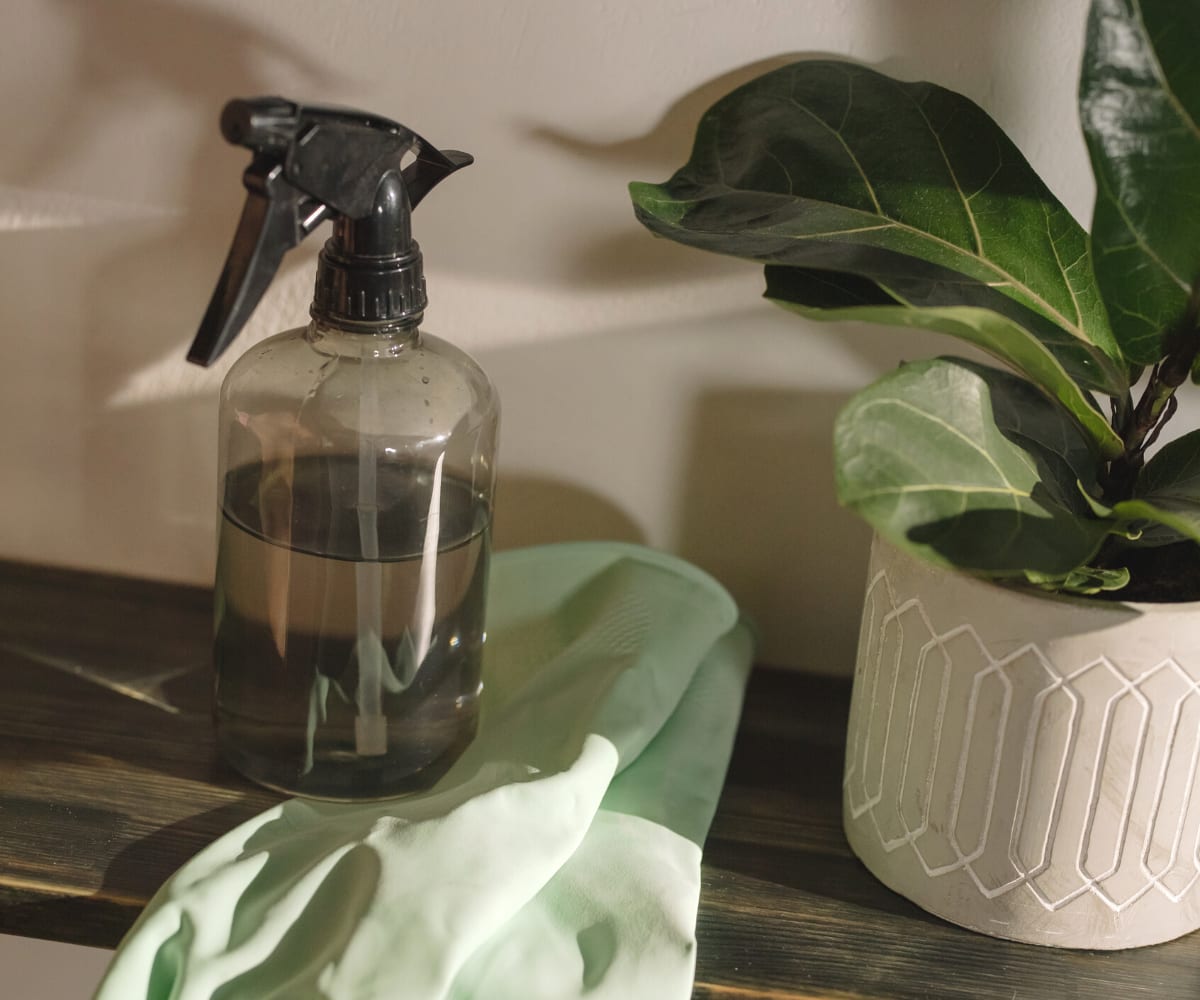
A few drops of this, a few drops of that, shake it all up in a small spray bottle, and voilà, the perfect DIY (do it yourself) natural pest control, right? Well, not exactly.
While some folks try DIY pest control, these efforts include creating different concoctions of ingredients like white vinegar, water, garlic juice and eucalyptus oil or scattering a few tea bags around—and they just aren't always effective natural remedies.
Take the guesswork out of the equation with an effective solution: Desecticide.
Introducing the Desecticide Product Suite
For us, the need for a natural solution to insect problems began in chicken houses. Desecticide Poultry House Insecticide has been a product of ours and a favorite of poultry growers for years.
After spending a lot of time and money on chemical bug control in our office, homes and garden, we thought, "What if we made our own?" Developing a natural alternative to chemical insecticides was a real challenge. Our goal was to create a product that could be used without harming people, plants or the environment—but strong enough to knock out any unwanted pests. After spending some serious time researching, we're excited to add Desecticide Indoor Insecticide Concentrate and Desecticide Garden Insecticide Concentrate to our line of Desecticide products.
All of our Desecticide products are designed with your spaces in mind. From chicken mites in your coop to fruit flies in your kitchen to garden pests in your yard, Desecticide products provide responsible, stress-free and flexible answers to your pest problems.
Desecticide Poultry House Insecticide
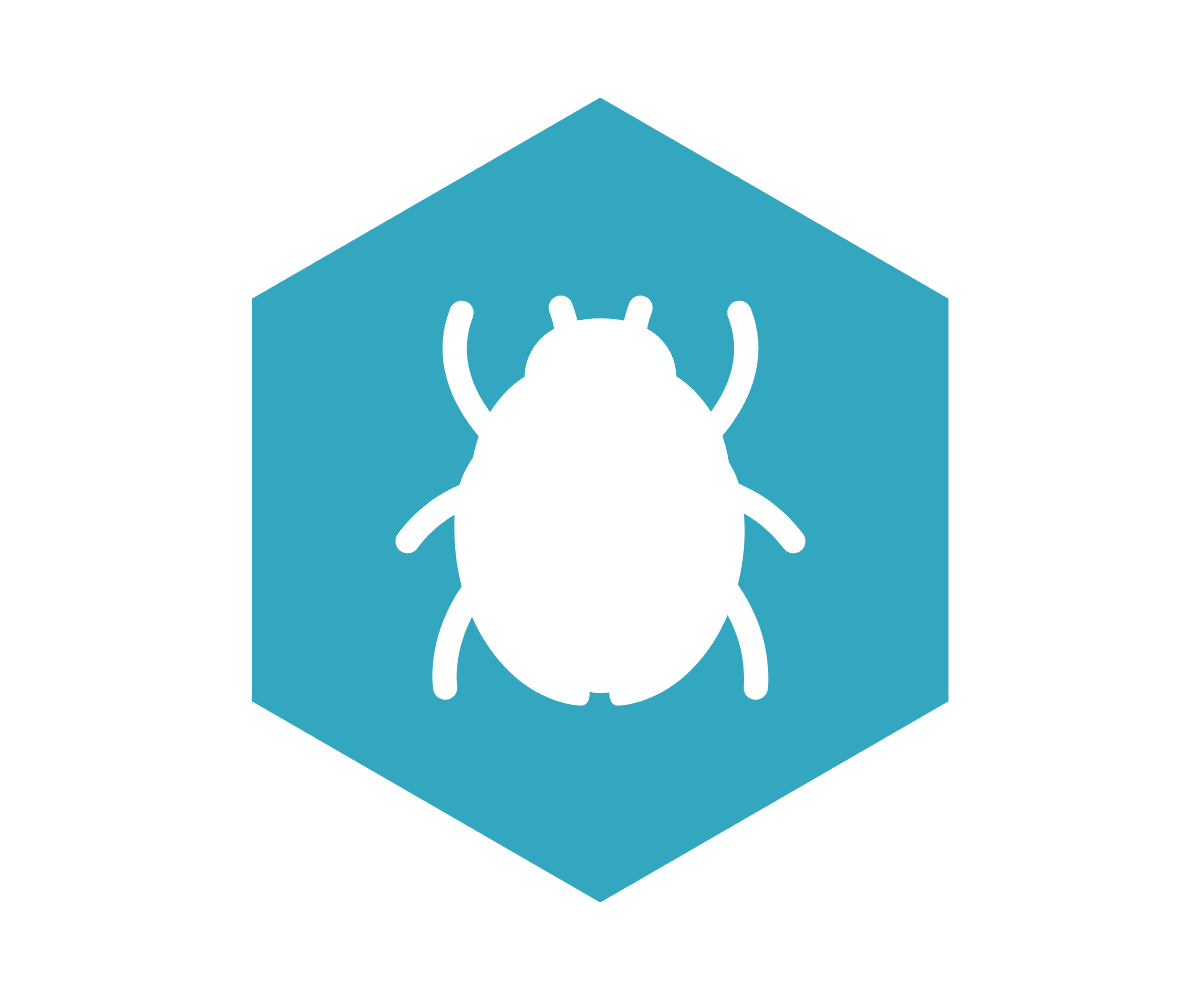
Desecticide Poultry House Insecticide is the original insecticide that started it all. Used in backyard coops and commercial operations alike, this non-toxic poultry spray is proven effective in killing resistant darkling beetles, lesser mealworms, bed bugs, mites, fleas and ticks on chickens, ducks and turkeys.
Safe to use when birds are present, Desecticide can even be used directly on birds. There's no re-entry wait time or re-application limit, and it's completely safe for the environment.
Application
To apply, mix 6 ounces of Desecticide with a half gallon of water to cover 250 square feet.
Mixing tip: Always start by diluting Desecticide. Start with the water first, and then add in Desecticide. If you add the water to the Desecticide, you will have foam. There is no need for agitation. Simply mix and spray!
Coming Soon: Desecticide Indoor Insecticide Concentrate
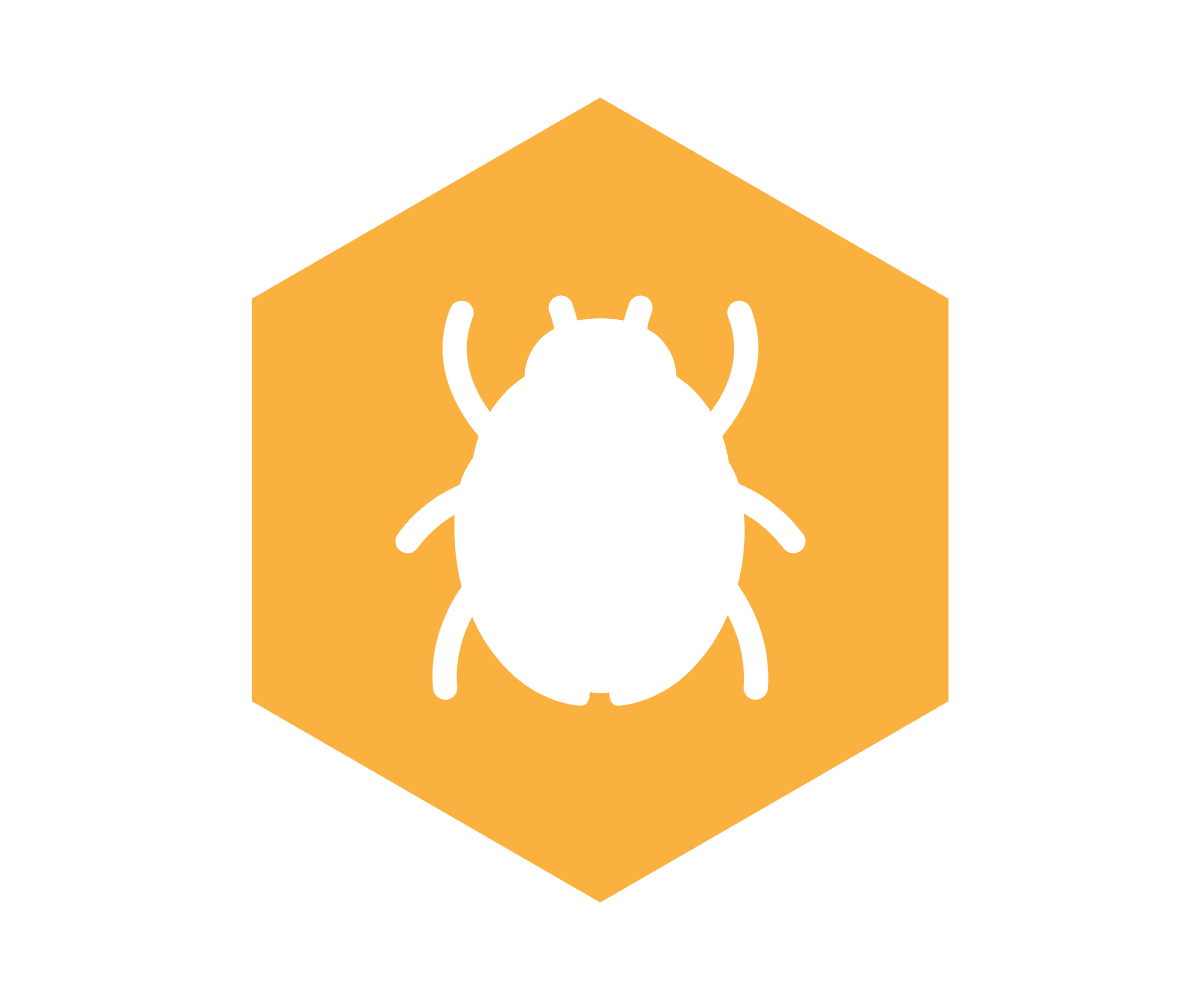
Specially designed for indoor use, Desecticide Indoor Insecticide Concentrate kills both crawling and flying bugs.
Ant infestation in the kitchen? Fruit fly takeover and apple cider vinegar just isn't cutting it? Desecticide will knock 'em out. It's the ultimate pest solution for use on baseboards, foundations and any other places where creepy crawlies tend to hide.
Application
Just like our coop spray, mix 6 ounces of Desecticide with a half gallon of water to cover 250 square feet. Then, apply the diluted mixture with a sprayer on bugs in and around your home.
Since Desecticide kills on contact, apply it when you have a pest problem and reapply whenever bugs are present.
Coming Soon: Desecticide Garden Insecticide Concentrate
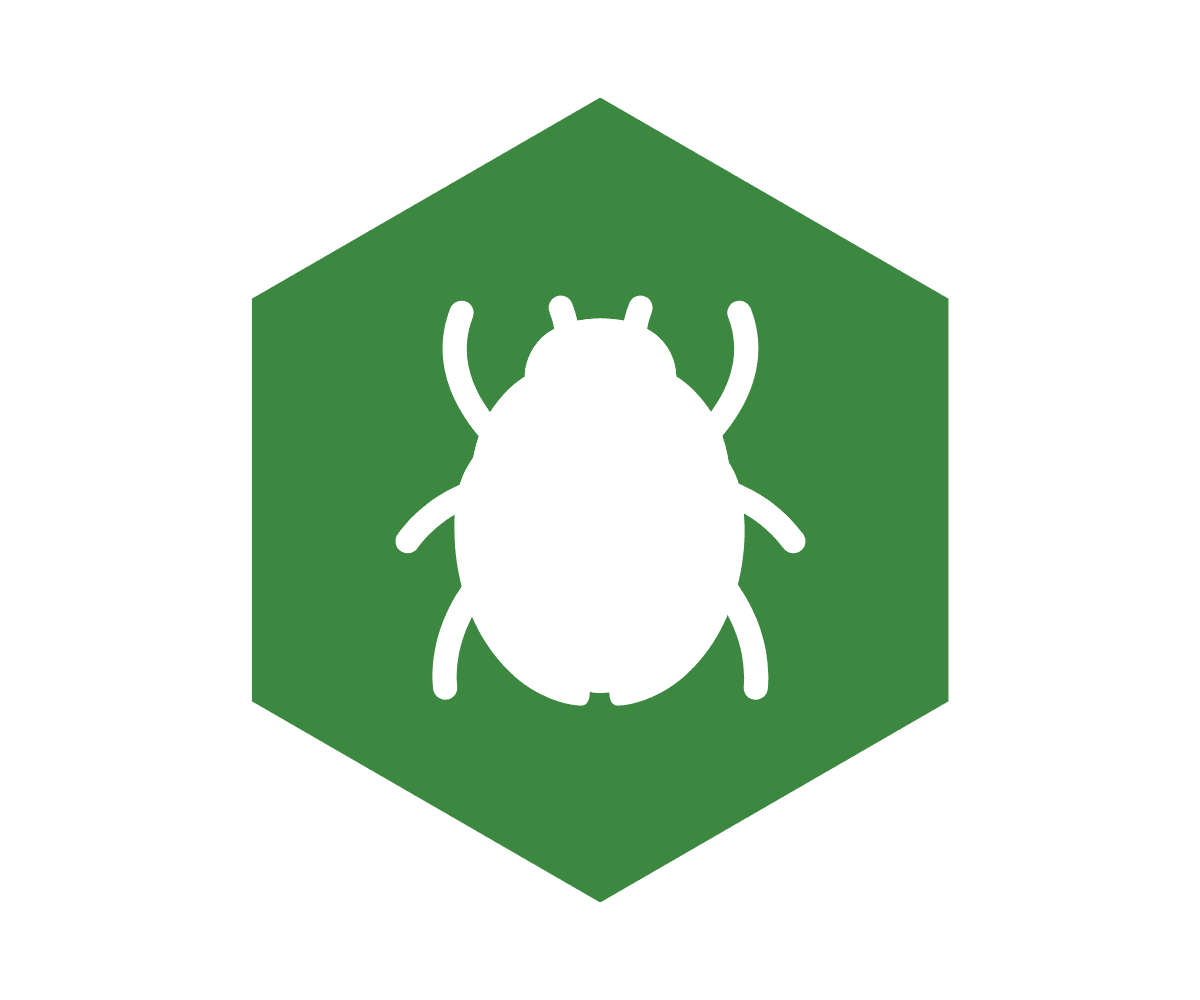
Perfect for gardens, houseplants and greenhouses, Desecticide Garden Insecticide Concentrate takes care of unwanted crawling and flying bugs.
Just like our other two Desecticide varieties, the garden spray is 100% safe for people, pets and the planet.
Application
Mix 6 ounces of Desecticide with a half gallon of water to cover 250 square feet. Sound familiar? That's right—the rates are the same for each insecticide. But this time, apply the mixture with a sprayer on bugs in and around your garden, houseplants or greenhouse.
As a contact-kill insecticide, be sure to apply it when there's an active pest problem and reapply when bugs return.
Natural Ingredients
Each insecticide contains our proprietary insecticidal soap, along with specialized essential oils. This allows all Desecticide products to carry FIFRA 25(b) exemptions, making them safe for you to apply without specialized equipment or licenses.
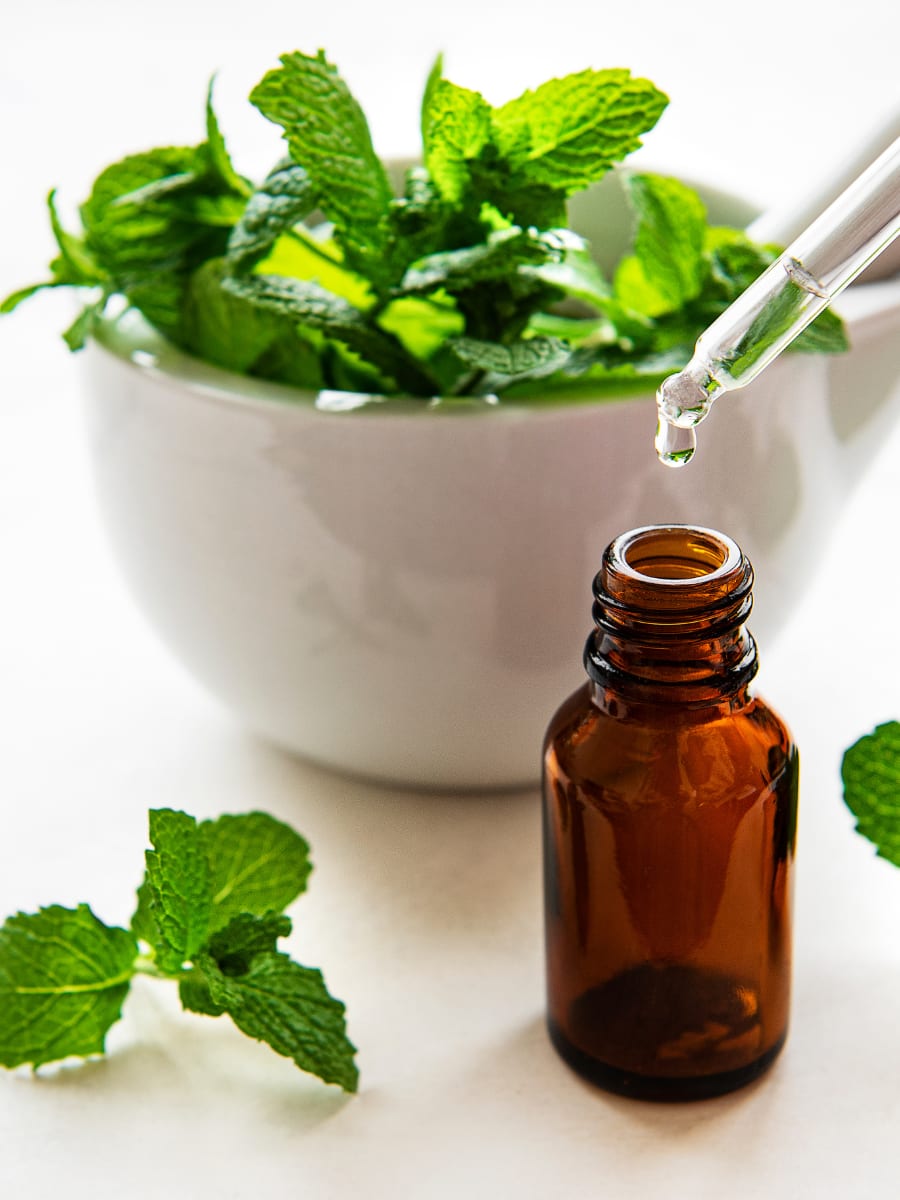
Since the formula is based on natural ingredients, there's no need to worry about resistant insects or harmful residues.
The combination of oil and soap ensures that insects are killed on contact. The soap coats the bugs and begins to break down their exoskeletons while the oils target their nervous systems—working together to quickly eliminate your pests. The oils leave behind potent scents, which in some cases can deter other pests from finding their way in. These scents can also attract beneficial insects for a true win-win scenario.
Natural insecticides are becoming a more popular means of insect control in homes and on farms. By using ingredients like oils, soaps and minerals, natural insecticides allow you to avoid the need for harsh and potentially toxic chemicals.
At Southland Organics, we're proud to offer incredibly effective products designed with environmental stewardship in mind. Our line of Desecticide products offers a safe and effective means of eliminating insect pests in your home, garden or chicken coop.
What about mosquito repellent?
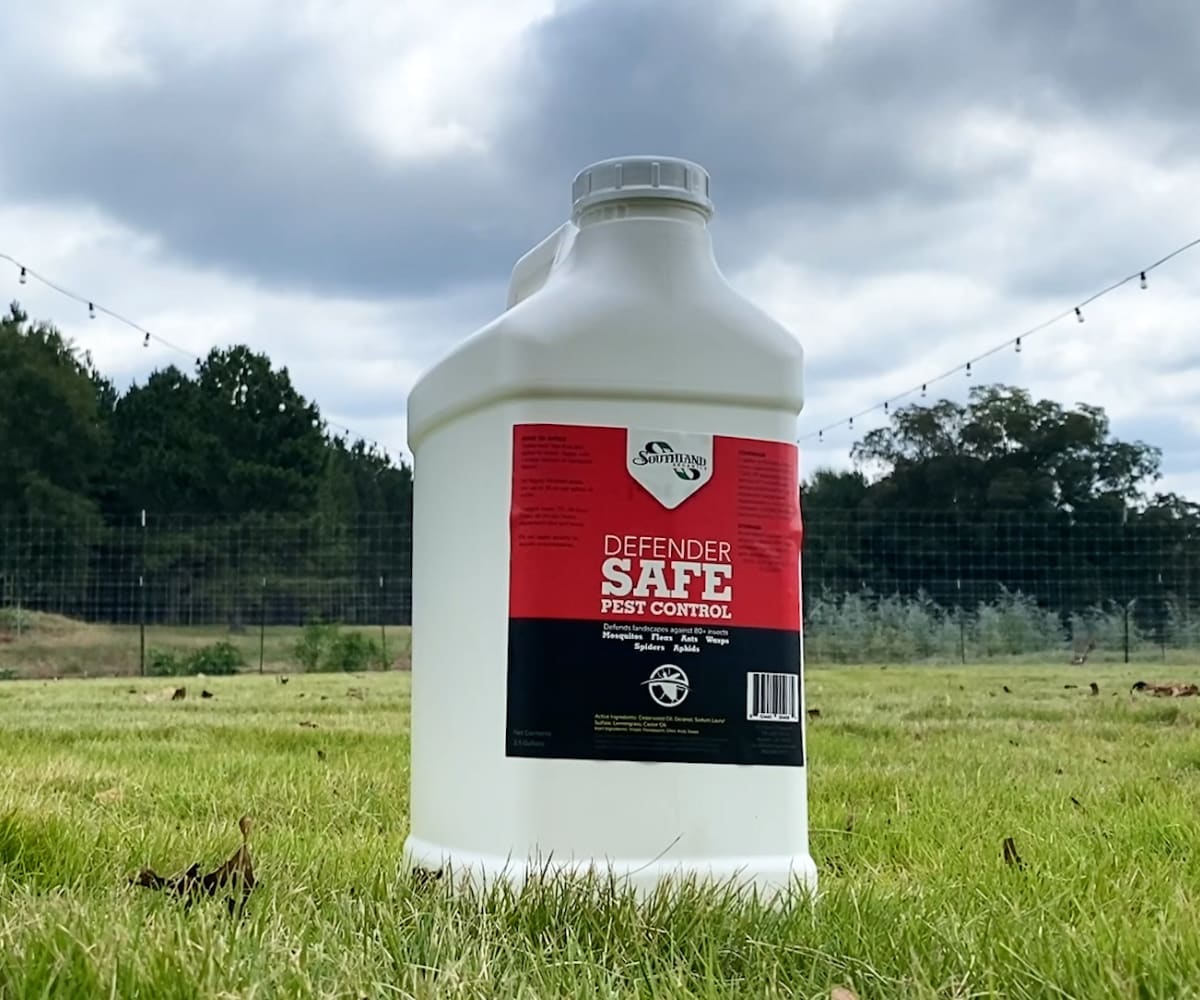
If you're looking for an effective natural bug repellent to repel mosquitoes in your yard or outdoor space, check out Defender. Specially designed to work against mosquitoes, ticks, fleas, ants and more insects that pester you outside, Defender is a contact kill pheromone interrupter and disrupts future egg cycles. Similar to Desecticide, Defender is formulated with soaps and essential oils with effective mosquito repelling properties.
While these products contain many of the same ingredients, they should be used differently. Since our Desecticide products are a bit more powerful and “soapy," they are better for coating areas. Defender is a lighter formula and sprays more easily.
The choice between the two depends on the application. If you're using a backpack or air sprayer to repel mosquitoes in your yard, we recommend Defender. And if you're addressing pests in your coop, home or garden, Desecticide is the way to go!
Contact Us
If you have any questions about our natural pest control sprays, contact us at [email protected] or 800-608-3755.








